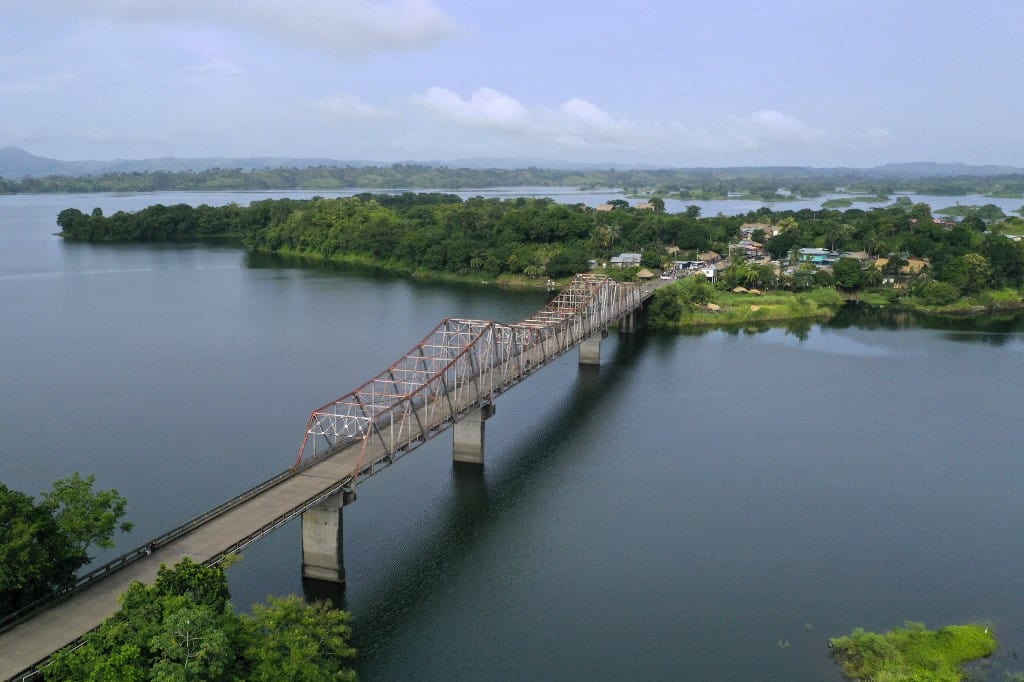Protesters angry at the high cost of living in Panama ended their three-week blockade of major roads on Tuesday, authorities said, as negotiations between the government and groups behind the demonstrations continued.
Security minister Juan Manuel Pino told AFP in a short message that the roads were “all open” for the first time since the protests began.
Earlier, police had announced on Twitter that “the roads that had been kept closed by protests have been cleared,” and traffic was flowing freely.
Panama has been gripped by protests over the cost of living and corruption in the worst social crisis since the American invasion of the country in 1989.
Since the unrest began, protesters have blocked various roads, most notably the Pan-American Highway, which connects Panama with Costa Rica and is the country’s main route for trade and the transport of goods.
The severing of the routes had led to shortages of food and fuel in several cities.
On Tuesday, leaders of the indigenous region of Ngabe-Bugle in the east of the country announced that they would stop blocking the Pan-American Highway in the province of Chiriqui, the source of most of the fresh food consumed in the country.
The president of Panama, Laurentino Cortizo, had reiterated on Tuesday his call for protesters to reopen the roads.
“The protests (and) closures of streets and highways affect us all, putting at risk the health and lives of Panamanians, and raising the cost of food and threatening employment,” he said.
While the government “respects the right to protest,” Cortizo said it should be done “without disruptions to social order, violations of the rights of third parties, and much less acts of vandalism.”
The opening of the roads came amid talks that have been taking place since Thursday in Penonome, 150 kilometers (90 miles) southeast of the capital, between the government and representatives of the organizations behind the protests.
So far, the government has agreed to reduce the cost of 72 basic goods and to lower the price of fuel from $5.20 per gallon (3.78 liters) to $3.25.
However, the groups have demanded the price of gasoline be cut to $3, along with reductions to the cost of medicines and electricity, improvements to public health and education, and measures to fight corruption.






